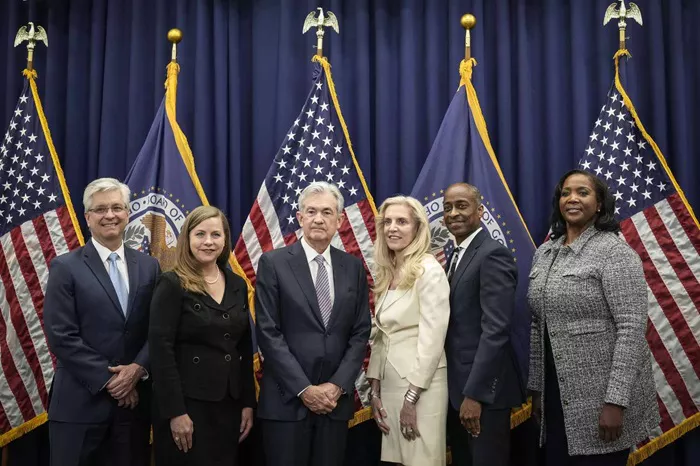In a move that could reshape the American grocery landscape, Kroger’s proposed $25 billion merger with Albertsons is facing fierce opposition from regulators. The Federal Trade Commission (FTC) has expressed significant concerns that this massive consolidation could harm consumers by driving up prices, reducing choices, and lowering quality in grocery stores across the country.
FTC Warns of Reduced Competition
The merger between two of the nation’s largest supermarket chains has drawn the attention of the FTC, which has long been cautious of consolidations that could undermine competition. Critics argue that Kroger and Albertsons, by joining forces, could reduce competition in key markets where both companies already hold substantial market share. Such dominance could negatively impact consumers, who may face fewer options and higher costs for essential goods like groceries.
FTC Chair Lina Khan Raises Concerns
FTC Chair Lina Khan has been particularly outspoken about the potential dangers of the merger. She has warned that combining two retail giants could lead to regional monopolies, stifling competition from smaller, independent grocery stores. This, in turn, could limit access to affordable products for consumers, particularly in rural and underserved areas, where independent grocers may struggle to compete against a unified Kroger-Albertsons.
Kroger and Albertsons Defend the Merger
Kroger and Albertsons, however, see the merger as a necessary step to remain competitive in a rapidly changing retail environment. According to both companies, the merger would allow them to pool resources and compete more effectively against industry heavyweights like Walmart and Amazon. They argue that these efficiencies would ultimately benefit consumers by lowering prices and improving services across their stores.
Investment in Technology and Customer Experience
Proponents of the merger also emphasize the benefits of increased investment in technology and customer service. Kroger and Albertsons claim that a successful merger would enable them to invest more heavily in modernizing their operations, including technology upgrades and better in-store experiences for customers. These enhancements, they say, could lead to better shopping experiences and potentially lower costs for consumers.
A Crucial Review by the FTC
The FTC’s review of the proposed merger will be critical in determining its fate. Industry experts, consumer advocates, and policymakers alike are closely monitoring the case, as its outcome could have wide-reaching implications for the retail sector. If approved, the merger could set a precedent for how future consolidations in the grocery industry are evaluated under antitrust laws.
Consumers Await the Outcome
As the regulatory process continues, consumers are left wondering how the merger might affect their shopping habits and their wallets. Will they see higher prices and fewer options? Or could the efficiencies brought by the merger lead to better deals and improved services? For now, the future of this high-stakes merger remains uncertain, and its potential impact on consumers hangs in the balance.
Conclusion
The fate of Kroger’s $25 billion merger with Albertsons rests on the decisions of the FTC, which is tasked with balancing the interests of industry competition and consumer protection. While the grocery giants defend their merger as a strategy to stay competitive, the concerns raised by the FTC highlight the potential dangers of unchecked consolidation. The final verdict could reshape the grocery industry and, more importantly, impact millions of shoppers nationwide.
Related Topics:

